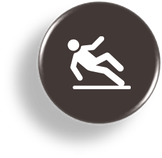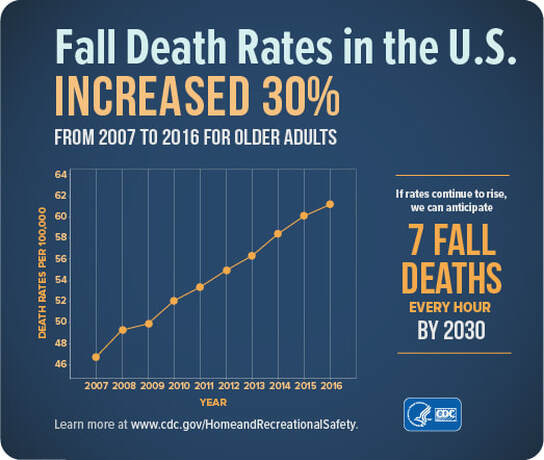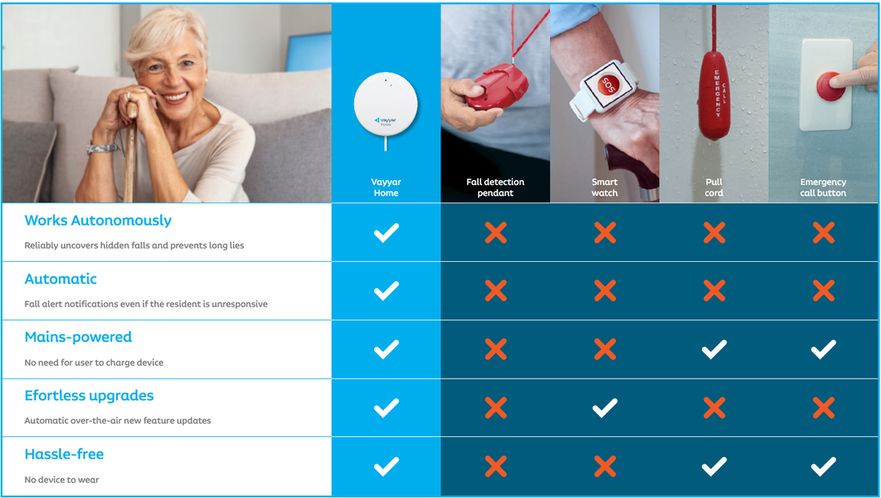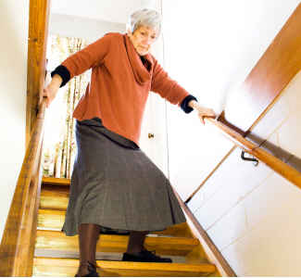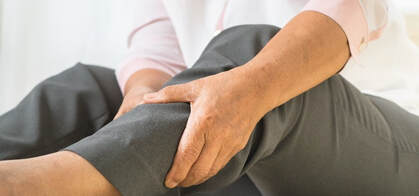|
Statistically speaking - the older one becomes, the more prone to falling at some point in time. If you're elderly, it can lead to disability and a loss of independence. If your bones are fragile from osteoporosis, the odds that you could break a bone, often a hip increase dramatically.
But aging alone doesn't make people fall. Diabetes and heart disease affect balance. So do problems with circulation, thyroid or nervous systems. Some medicines make people dizzy. Eye problems or alcohol can also be contributing factors as well. Any of these things can make a fall more likely to occur. |
Falls and accidents seldom "just happen." Taking care of your health by exercising and getting regular eye exams and physicals may help reduce your chance of falling. Getting rid of tripping hazards in your home and wearing nonskid shoes may also help.
|
|
Automatic
Fall Detection
|
|
Automatic Fall Detection Features
